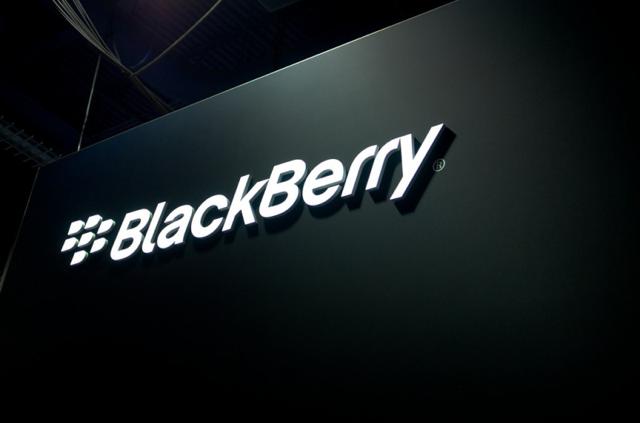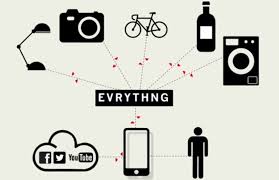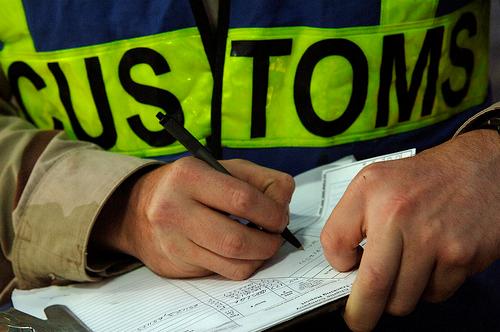Blackberry is in hot waters again. The strong encryption, hallmark of its strong security of customer communication and protection of data, is the reason governments around the world are agitated. The recent debacle with India and gulf countries is enough to show how secure communication have troubled the nations who have been unable to break into the security, and Pakistan is no exception.
As per latest reports, PTA has ordered ban of Blackberry Enterprise Services by start of December 2015.
The History
When WikiLeaks released thousands of secret cables sent by US Embassies to the American government, it brought a storm world over and secure lines of communications now became doubtful. At the same time governments’ became suspicious of any and every line of communication they couldn’t intercept. Blackberry, famous for its high speed internet and excellent communication with strong encryption, became the prime target. The push-mail service, rapid communication through Blackberry instant messaging and business-friendly handsets made it the first choice of every business.
WikiLeaks and Facebook
In Pakistan, after WikiLeaks exposure of secret communication, military institutions banned the use of handsets and blackberry services to plug any leak of military secrets and strategies. It was the same time when India banned the services as well on failure to intercept the communication.
Another debacle with Blackberry was the ability to access Facebook when it was banned in Pakistan. Blackberry users could access the website despite nationwide ban and PTA ordered telecom operators to install filters. Eventually, telecoms complied and Blackberry services were affected to prevent users from accessing Facebook. In 2011 PTA had sent a notification to telecom operators to ban Blackberry services, but before it could be enforced the news leaked out and PTA faced a backlash. The notification was immediately withdrawn and press release from the regulatory body said it did not asked to ban the services.
Terrorism
Another major security concern was the use of Blackberry services by terrorist elements of Pakistan, including Taliban, that could not be intercepted by the security agencies. With a secure line of communication, any effort against terrorists would prove useless. With over a decade’s bloody history of bomb blasts, target killings, extortion, kidnapping and ransom, arson and what not, the Blackberry services faced the ire as PTA time and again looked to regulate the services somehow.
Why Now?
The move to block Blackberry Enterprise Services seems to be part of larger initiative to bring electronic communication, taking place within Pakistan as well as interacting with outside world, under ISI’s surveillance. The inability to breach the security, RIM’s strong stance on non-compromise of encryption and expansion in the scope of Operation Zarb-e-Azb seems to have made the case against the services.
The users of Blackberry services are not numerous and almost entirely comprised of business users and corporate entities. They will be the most affected by the ban which shouldn’t be surprising. According to PTA officials, four years is long enough time for users to switch service to another platform for communication.
Right Move?
While it is debatable if the step taken is the right one, considering recent decline in terrorist activities in the country following Operation Zarb-e-Azb’s success, the move may not have the desired results. Since corporate users are the main affectees of this ban, it will agitate the business community more than anyone else. Blackberry specialized in facilitating corporate communication in a secure way, and taking it away will irk businesses and their processes than anything else.
But the government does merit benefit of the doubt. With UK government mulling to ban WhatsApp services due to security concern, despite considerably easy interception since WhatsApp fails at nearly all privacy standards, does speak volumes of how much such services present dangers to stability of the nations.



